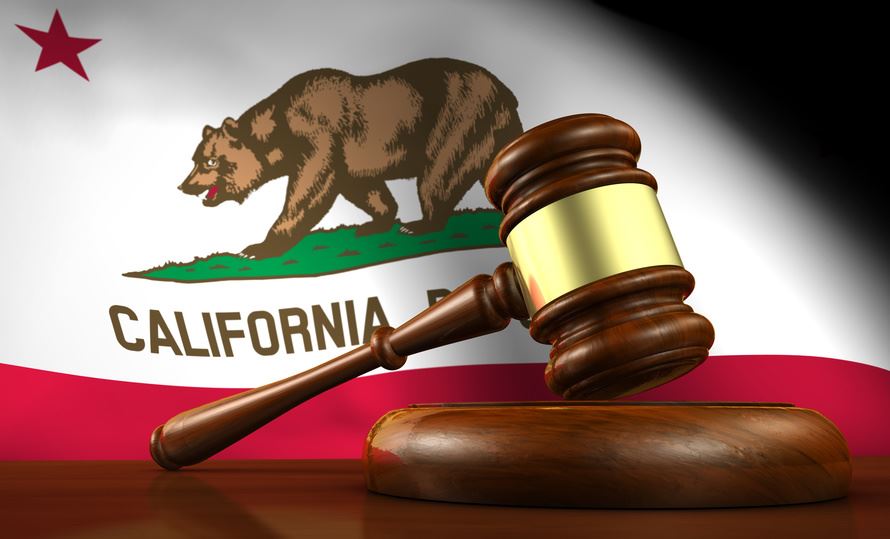Assemblywoman Lorena Gonzalez pulled her own bill from the California Legislature on Thursday less than three months after she first introduced it. According to KQED News, a “diverse” group of businesses voiced their opposition to the bill, which would allow workers in the gig community to organize and collectively bargain.
AB 1727, as the bill was formally called, would have given independent contractors who work for companies such as Uber or Lyft legal standing to collectively bargain for benefits and workplace protections. Gonzalez sounded upbeat and noted that this was just the first step in what she sees as a long process.
“I have no expectation that I’m getting this all the way through this year,” Gonzalez said Wednesday. “But we wanted to start a conversation. Now that first impressions are out of the way and we have the attention of the labor and business communities, it’s time for us to take the time this issue deserves to get this right.”
Some of the opponents to the bill came, of course, from representatives of app-based gig companies like Uber, Lyft, and Airbnb. The Assembly Committee on Labor and Employment held the bill’s first hearing on Wednesday, and the Internet Association, a group the advocates for those companies, were there to protest.
That wasn’t the only group of opposition, though. The Wine Institute and California Chamber of Commerce also attended to voice their disapproval of the bill.
“This isn’t just limited to the tech industry,” said Jennifer Barrera, with the California Chamber of Commerce. “This could impact a host of industries including health care, construction, agriculture — across the board. So we are concerned with the scope of this bill and how many industries it would actually impact.”
There are approximately 26.5 million businesses in the U.S., but lately the trend has been in startups that run on the so-called gig economy. Uber is currently in a class-action lawsuit over whether or not their workers should be classified as independent contractors (they are right now).
Gonzalez argued that the bill would help protect these workers and provide a valuable safety net that would alleviate pressure from taxpayers who are essentially forced to subsidize that aspect as it is right now.
“We have a growing work force with no protections,” she said. “If you have no rights, the safety net of taxes paid for by taxpayers of the state of California will have to come in and provide for that.”


Add Comment